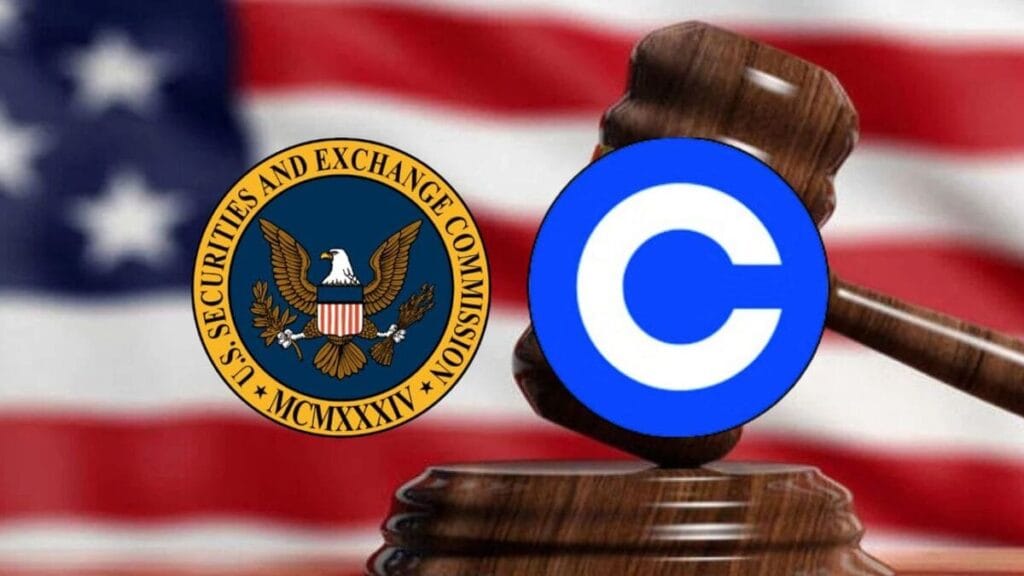U.S. Court Questions SEC on 'Definition of Securities'; Coinbase CLO Criticizes "SEC Unilaterally Expands Its Jurisdiction"

"During oral arguments in the case between Coinbase and the Securities and Exchange Commission (SEC) on Sunday (local time), the presiding judge, Katherine Polk Failla, focused on the SEC's definition of securities," reports cryptocurrency media outlet The Block. In June last year, the SEC charged Coinbase with operating an unregistered exchange and selling unregistered securities, noting at the time that the following tokens constituted securities: SOL, ADA, MATIC, FIL, SAND, AXS, CHZ, FLOW, ICP, NEAR, VGX, DASH, and NEXO. The judge asked whether the issuers of the tokens named in the complaint violated securities laws, and Coinbase argued that "the tokens consist of computer code and are not securities. The judge also said, "I am concerned that the SEC's existing securities laws are overly broad, and in this case, collectibles such as 'Beanie Baby' dolls could meet the definition of a security," to which the SEC's lawyer countered, "We are not arguing that collectibles are securities." As for Coinbase's staking service, which the SEC took issue with, the judge noted that "the SEC complained that staking was an unregistered offering of securities services, but it is far from the most traditional investment." "If Coinbase's motion to dismiss is not granted, the case will likely move to discovery, and after discovery, both the SEC and Coinbase may move for summary judgment. If summary judgment is denied, the case will go to trial for a jury verdict, with a decision likely in 2025."
Paul Greuwal, Coinbase's Chief Legal Officer, who has been a vocal critic of the SEC, wrote in X: "The SEC is exercising broad authority over all investments without providing any principles for investment contracts. The SEC cannot expand its jurisdiction unilaterally. That's a legislative power." "Coinbase has the legal certainty that we are not engaged in securities transactions." During oral arguments in Coinbase v. SEC, the judge told the SEC's lawyer, "The SEC has not challenged the legal basis of the subtest in its brief. In addition, some of the amicus briefs have done a better job of explaining defeasance staking than the SEC."


